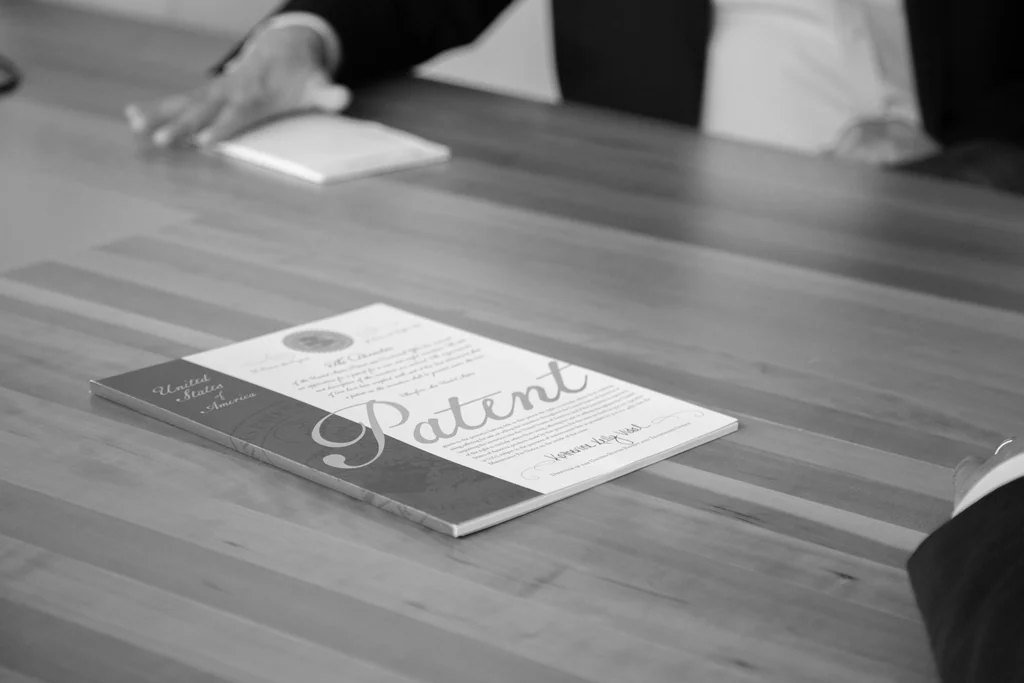The U.S. Supreme Court has weighed in on a new U.S. Patent and Trademark Office (PTO) practice when patent applicants appeal adverse decisions in district court. And the Court’s conclusion is welcome news for applicants who want to go this route to contest the denial of their applications.
The PTO’s plea
Section 145 of the federal Patent Act outlines two mutually exclusive methods for challenging adverse PTO decisions: An applicant can appeal directly to the U.S. Court of Appeals for the Federal Circuit, or file a new civil action against the PTO director in the U.S. District Court for the Eastern District of Virginia. Under the second option, the applicant must pay “[a]ll the expenses of the proceedings.”
After the PTO prevailed in a case in the district court, it sought an award of the pro rata salaries of the PTO attorneys and paralegal who worked on the case. The district court rejected the request, and the Federal Circuit affirmed. The PTO turned to the Supreme Court for help.
The Supreme Court’s denial
According to the high court, the starting point for determining whether Sec. 145 authorizes payment of the PTO’s legal fees is the so-called American Rule. This “bedrock principle” states that each litigant pays its own attorneys’ fees regardless of whether it wins — unless a statute or contract provides otherwise.
The Court noted that, contrary to the PTO’s argument, it has never suggested that any statute is exempt from the presumption against fee shifting or limited its American Rule inquiries to statutes that award attorneys’ fees to the prevailing party. Moreover, the presumption against fee shifting was particularly important because reading Sec. 145 to permit an unsuccessful government agency to recover attorneys’ fees from a prevailing party would be a “radical departure” from long-standing fee-shifting principles.
The Supreme Court also found no evidence that Congress intended to disregard the American Rule presumption to allow the PTO to recover its legal personnel salaries under Sec. 145. The “expenses of the proceeding” wouldn’t have commonly been interpreted to include attorneys’ fees at the time Sec. 145 was enacted. And the appearance of “expenses” and “attorneys’ fees” together in various other laws indicates that Congress understands the terms to be distinct and not inclusive of each other.
Finally, the Supreme Court pointed out that the PTO has never paid its personnel from sums collected from adverse parties. In fact, this case was the first in which the PTO sought attorneys’ fees under Sec. 145.
A disincentive removed
Patent applicants can be grateful that the Supreme Court nipped the PTO’s new practice in the bud. If it hadn’t, the potential liability for PTO legal fees would have loomed over their choice of an appeal strategy.
Peter v. NantKwest, Inc., No. 18-801, Dec. 11, 2019, U.S.

